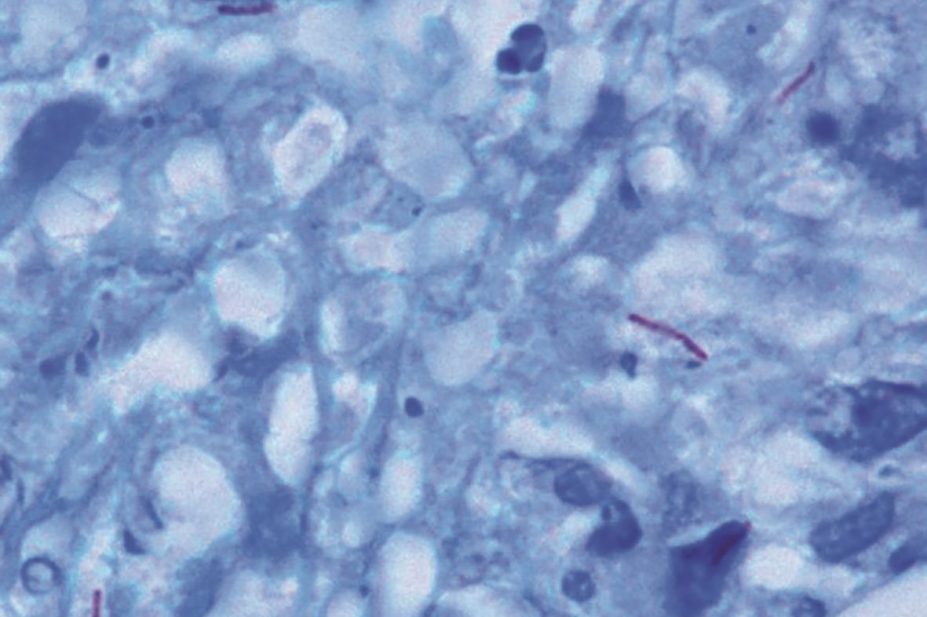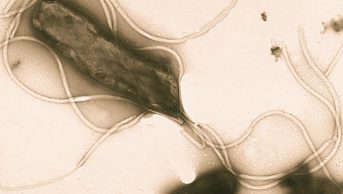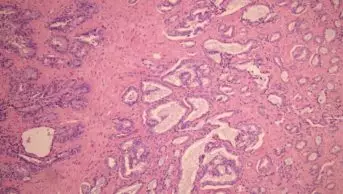
Ziehl Neelsen / Wikimedia Commons
The increasing prevalence of drug-resistant strains of Mycobacterium tuberculosis has triggered a search for alternative treatments. One promising candidate is the antidiabetic drug metformin, report Amit Singhal, from the Agency for Science, Technology and Research in Singapore, and colleagues.
In laboratory tests, metformin reduced the growth of M tuberculosis, including drug-resistant strains. When given to M tuberculosis-infected mice, metformin ameliorated lung pathology, reduced chronic inflammation and enhanced the specific immune response and efficacy of conventional anti-tuberculosis drugs.
A retrospective analysis of patient cohorts showed that M tuberculosis-infected diabetes patients receiving metformin were less likely to harbour large numbers of mycobacteria and had better outcomes. The clinical data are “very encouraging”, say the authors in Science Translational Medicine (2014;6:263ra159)[1]
.


